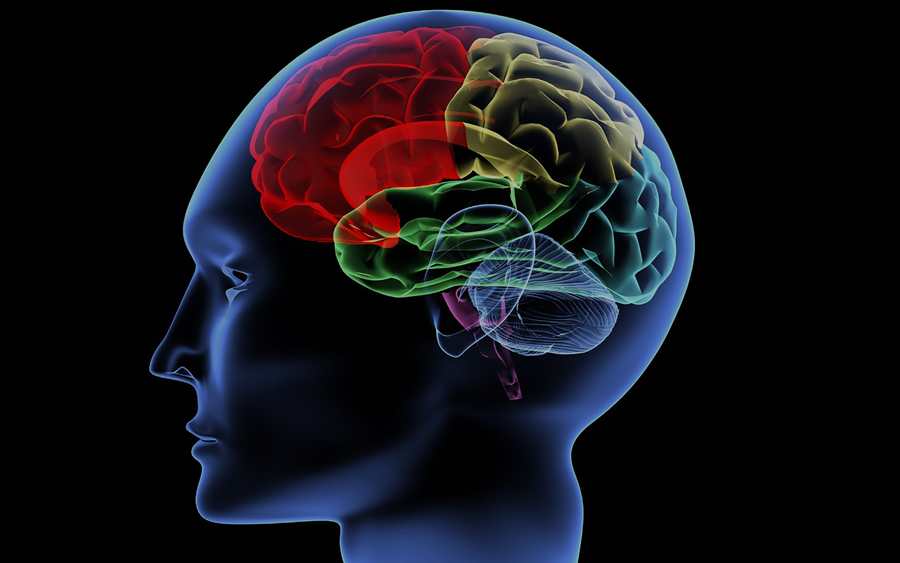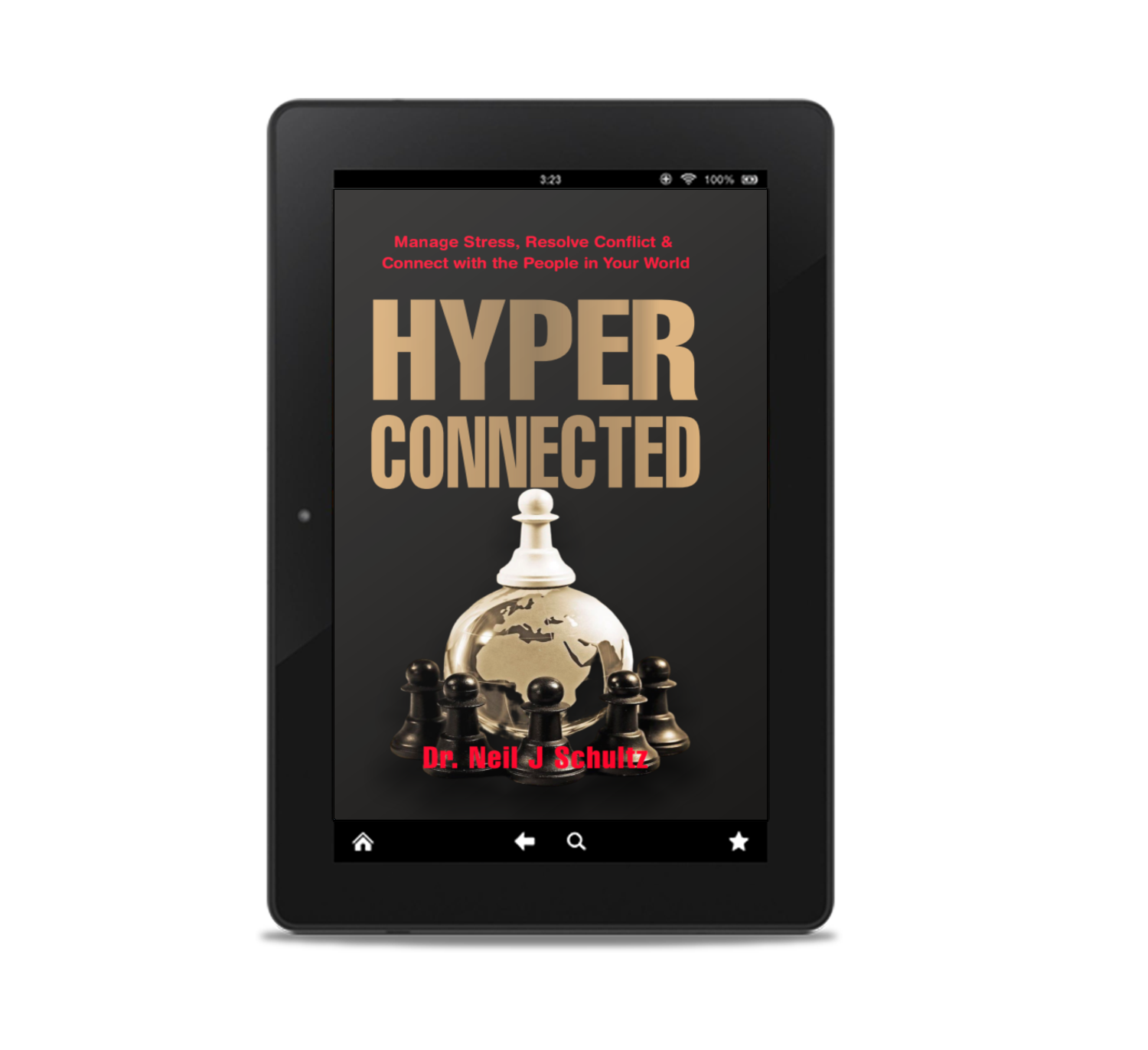In today’s fast-paced and dynamic business landscape, effective leadership is crucial for driving success and maintaining a thriving organizational culture. One indispensable skill that leaders and middle managers should possess is mediation. In this article, we will explore why mediation skills are essential for leaders, how individuals can develop these skills, the benefits they bring to the company, and how they can positively impact one’s personal life.
Why Leaders and Middle Managers Need Mediation Skills
Conflict Resolution and Management
Leaders and middle managers often find themselves navigating conflicts within their teams or between departments. Good mediation skills enable them to address conflicts head-on, understand the underlying issues, and guide the parties involved towards mutually acceptable resolutions[1]. By fostering a culture of constructive conflict resolution, leaders can mitigate tension, promote collaboration, and maintain a positive work environment[2].
Effective Communication
Communication lies at the heart of effective leadership. Mediation skills equip leaders with the ability to listen actively, facilitate open dialogue, and articulate ideas in a clear and concise manner. By creating an environment where all voices are heard and valued, leaders foster better understanding, alignment, and trust among team members. Strong communication skills also enable leaders to convey complex information, organizational changes, and strategic objectives effectively.
Relationship Building and Team Dynamics
Leadership is not just about managing tasks; it also involves building strong relationships with team members and stakeholders. Mediation skills allow leaders to navigate interpersonal dynamics, mediate conflicts, and foster positive relationships based on trust and respect[3]. By promoting a harmonious and inclusive work environment, leaders enhance collaboration, teamwork, and productivity[4]. They create a space where diverse perspectives are valued and integrated, leading to innovative problem-solving and better decision-making[5].
Emotional Intelligence and Empathy
Leadership requires a high level of emotional intelligence, which involves recognizing and managing emotions, both one’s own and those of others. Mediation skills cultivate empathy, the ability to understand and relate to others’ experiences and perspectives[6]. Leaders with good mediation skills can navigate sensitive situations with empathy, showing genuine care and concern for the well-being of their team members[7]. Emotional intelligence fosters a supportive culture and strengthens relationships, leading to increased engagement and loyalty from employees[8].
Conflict Prevention and Proactive Management
Leadership is not just about resolving conflicts when they arise; it also involves proactively managing and preventing conflicts from escalating. With good mediation skills, leaders can identify potential conflicts, address underlying issues, and implement strategies to prevent conflicts from arising in the first place. By promoting effective communication, setting clear expectations, and facilitating collaborative[9] decision-making, leaders create an environment where conflicts are minimized, and productivity is maximized[10].
Decision-Making and Consensus Building
Leaders are responsible for making critical decisions that impact their teams and organizations. Mediation skills provide leaders with a structured approach to decision-making, where they consider multiple perspectives, gather relevant information, and seek consensus among stakeholders[11]. By involving team members in the decision-making process and valuing their input, leaders build trust, ownership, and commitment to the decisions made, leading to increased implementation success and employee satisfaction[12].
Adaptability and Change Management
In today’s rapidly changing business landscape, leaders must navigate organizational change effectively. Mediation skills enable leaders to manage resistance to change, address concerns, and facilitate open communication throughout the change process[13]. By actively involving employees, listening to their feedback, and mediating conflicting viewpoints, leaders can foster a sense of ownership and support for the changes, ensuring smoother transitions and successful implementation[14].
How to Develop Mediation Skills
- Training and Workshops. Leaders can attend mediation training programs or workshops specifically designed to enhance their conflict resolution and communication skills. These sessions provide theoretical knowledge, practical tools, and opportunities for experiential learning.
- Seeking Mentorship. Identifying experienced mediators or conflict resolution experts within the organization or professional networks can be valuable. Mentors can provide guidance, share real-world experiences, and offer personalized advice on developing mediation skills[15].
- Continuous Learning. Engaging in self-study through books, podcasts, and online resources focused on mediation, negotiation, and emotional intelligence can significantly contribute to skill development. Additionally, attending seminars or conferences related to mediation can broaden perspectives and provide valuable insights.
Benefits for the Company
Enhanced Conflict Resolution
Mediation skills enable leaders to address conflicts swiftly and effectively, minimizing disruptions and restoring productive team dynamics. This leads to reduced workplace tension, improved employee morale, and increased overall productivity[16].
Stronger Collaboration and Teamwork
By fostering open and constructive communication, leaders with mediation skills can create an environment that encourages collaboration, teamwork, and the exchange of innovative ideas. This enhances the company’s ability to solve complex problems and achieve strategic goals[17].
Improved Employee Satisfaction and Retention
Leaders who prioritize mediation create a supportive and inclusive work culture, leading to higher levels of job satisfaction and increased employee loyalty. Reduced conflicts and improved relationships translate into lower turnover rates, saving the company time and resources on recruitment and training[18].
Effective Change Management
Mediation skills equip leaders with the tools to manage organizational change successfully. They can navigate resistance, mediate differing perspectives, and ensure smooth transitions during periods of transformation, leading to better acceptance and implementation of change initiatives[19].
Personal Life Benefits
Enhanced Relationships
Mediation skills extend beyond the workplace and positively impact personal relationships. Effective communication, active listening, and conflict resolution techniques foster healthier interactions with family members, friends, and acquaintances[20].
Emotional Intelligence and Self-Awareness
Developing mediation skills requires cultivating emotional intelligence. Leaders gain a deeper understanding of their emotions and those of others, allowing for better self-regulation and empathetic responses. This self-awareness translates to improved personal well-being and enriched connections[21].
Stress Reduction
Mediation skills empower individuals to manage and resolve conflicts in a calm and constructive manner. This reduces stress levels, both in the workplace and personal life, leading to better mental and physical health[22].
Life Balance
Mediation skills help individuals maintain a harmonious balance between work and personal life. By managing conflicts effectively, leaders can devote more time and energy to activities they value, resulting in greater overall satisfaction[23].
Closing Remarks
Mediation skills are a vital component of effective leadership. Leaders and middle managers equipped with these skills can foster a collaborative and inclusive work environment, resolve conflicts, and promote productivity. Moreover, mediation skills enhance emotional intelligence, decision-making abilities, and adaptability, leading to better overall leadership performance. With the positive impact extending beyond the workplace, leaders equipped with good mediation skills can foster healthier relationships, reduced stress, and a better work-life balance in their personal lives. Embracing mediation skills as an essential component of leadership excellence enables leaders to unlock their full potential and create a lasting positive impact on their teams, organizations, and personal well-being.
[1] J Smith, ‘Conflict Resolution in the Workplace: The Benefits of Mediation.’ (2020) Business News Daily.
[2] NJ Schultz, Hyperconnected (Schward Publishing, 2023).
[3] M Roche, JM Haar and F Luthans, ‘The Role of Positive Psychological Capital and Emotions in Positive Leadership.’ (2014) 21(2) Journal of Leadership & Organizational Studies 173.
[4] A Edmonson, Teaming: How Organisations Learn, Innovate and Compete in the Knowledge Economy. (John Wiley & Sons, 2012).
[5] CK De Dreu and LR Weingart, ‘Task versus Relationship Conflict, Team Performance, and Team Member Satisfaction: A Meta-Analysis.’ 88(884) Journal of Applied Psychology 741.
[6] D Goleman, Emotional Intelligence: Why It Can Matter More than IQ. (Bantam Books, 1995).
[7] RE Boyatzis, ML Smith and N Blaize, ‘Developing Sustainable Leaders through Coaching and Compassion.’ (2006) 5(1) Academy of Management Learning & Education 8.
[8] F Luthans et al, ‘Positive Psychological Capital: Measurement and Relationship with Performance and Satisfaction.’ (2007) 60(3) Personnel Psychology 541.
[9] KW Thomas, ‘Conflict and Negotiation Processes in Organizations.’ (1992) 3 Handbook of Industrial and Organizational Psychology 651.
[10] KJ Behfar et al, ‘The Critical Role of Conflict Resolution in Teams: A Close Look at the Links between Conflict Type, Conflict Management Strategies, and Team Outcomes.’ (2008) 93(1) Journal of Applied Psychology 170.
[11] KW Hammon, The Thin Book of Appreciative Inquiry. (Thin Book Publishing Company., 1992).
[12] DS Cochran and JA DeRuiter, ‘Consensus-Building Leadership for Professional Learning Communities.’ 23(3) Journal of School Leadership 553.
[13] JP Kotter, Leading Change. (Harvard Business Press, 1996).
[14] AA Armenakis, SG Harris and KW Mossholder, ‘Creating Readiness for Organizational Change.’ (1993) 46(6) Human Relations 681.
[15][15] E Hellilng and S Scott, ‘Executive Coaching and Conflict Management.’ in The Palgrave Handbook of Workplace Conflict (Palgrave Macmillan, 2018) 575.
[16] MA Rahim and TV Bonoma, ‘Managing Organizational Conflict: A Model for Diagnosis and Intervention.’ (1979) 4(3) Psychological Reports 1323.
[17] Y Li and S Scott, ‘Conflict Management Styles and Organizational Citizenship Behavior: The Mediating Effects of Collective Efficacy.’ (2012) 50(3) Asia Pacific Journal of Human Resources 351.
[18] Luthans et al (n 8).
[19] JD Ford, LW Ford and A D’Amelio, ‘Resistance to Change: The Rest of the Story.’ (2008) 33(2) Academy of Management Review 362.
[20] Boyatzis, Smith and Blaize (n 7).
[21] Daniel Goleman, Working with Emotional Intelligence (Bantam Books, 1998).
[22] T Rath and J Harter, Wellbeing: The Five Essential Elements. (Gallup Press, 2010).
[23] TD Allen et al, ‘Consequences Associated with Work-to-Family Conflict: A Review and Agenda for Future Research.’ (2000) 5(2) Journal of Occupational Health Psychology 278.
Dr Schultz spent 22 years working in psychiatry and then went on to qualify as a lawyer. He has spent 34 years helping people solve problems and the unique combination of medicine, psychiatry, law and mediation provides a unique academic and practical approach to life's challenges.
-
Dr Neil Schultzhttps://www.schward.consulting/author/drneiljschultz1963/
-
Dr Neil Schultzhttps://www.schward.consulting/author/drneiljschultz1963/
-
Dr Neil Schultzhttps://www.schward.consulting/author/drneiljschultz1963/
-
Dr Neil Schultzhttps://www.schward.consulting/author/drneiljschultz1963/








